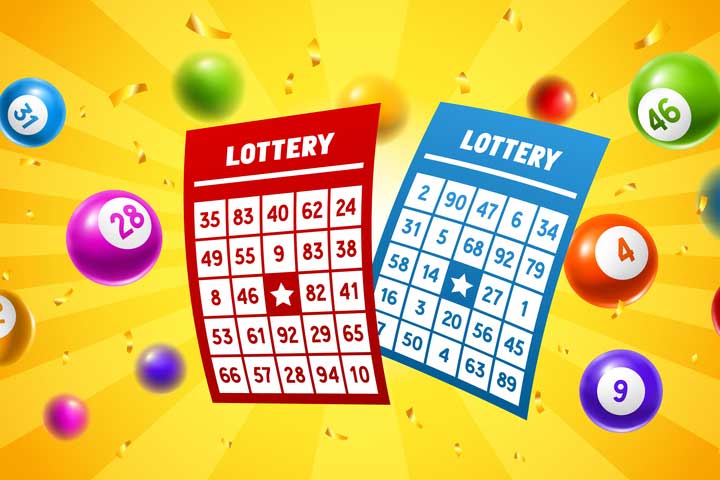
It’s a tantalizing thought: could artificial brains (AI)—the same technology that drives self-driving cars and writes poetry—one day crack the code to the perfect lottery https://joseumanaexcavating.com numbers? For anyone who’s looked at a ticket and imagined of beating the odds, it’s an irresistible fantasy. But the short answer is no: AI will never be able to predict the perfect winning combination in a fair, random lottery. And that’s not a issue of AI—it’s the character of how lotteries are made.
Lottery draws are dictated by randomness, whether they’re based on mechanical ball machines or cryptographically secure random number generators (RNGs). In a fair system, each combination of numbers has exactly the same probability of appearing, no matter what’s happened in previous draws. That’s why the odds of winning games like Powerball or Ultra Millions remain so astronomically low. There is no pattern to be found—not in how humans typically think of patterns. AI grows on patterns, data relationships, and possibilities. But in true randomness, there are no patterns to learn.
That hasn’t stopped people from trying, of course. Over the years, AI and machine learning models have been applied to massive listings of past lottery sucks in hopes of uncovering trends—certain numbers that appear to appear with greater regularity, or sequences that occur together. These models can certainly identify statistical anomalies, like “hot” and “cold” numbers, but they can’t determine causation. That’s because past draws don’t influence future outcomes. Even if the number 7 has appeared more often than others, it doesn’t increase the likelihood of it showing up yearly draw. That’s the gambler’s fallacy at play—mistaking coincidence for cause.
Moreover, lotteries go to great program plans to ensure unpredictability. Physical ball machines are regularly scrutinized, maintained, and tested to eliminate error. Computerized lotteries use certified RNGs developed to generate sequences that are as close to true randomness as modern science allows. These systems are audited and regulated specifically to prevent predictability or mind games. So even if AI found a a weakness in the data, it must overcome sophisticated anti-fraud systems that would detect and reduce the effects of any exploit almost immediately.
Interestingly, where AI does shine in the lottery world is not in picking winning numbers, but in understanding player behavior. AI can analyze millions of transactions to name fraud, predict what types of games will sell best, and even customize the user experience. It’s helping operators run extremely effective, secure, and engaging lottery systems. In fact, the same AI techniques you might hope would help you win the jackpot are actually being used to protect the machine against exploitation and cheating.
Still, the idea of “beating the system” with superintelligent machines continues to astound popular imagination. From sci-fi to Youtube conspiracy ideas, many want to believe that some genius criteria can outsmart randomness. But the reality is simpler, if less exciting: a reasonable lottery is created so that nobody—not even the most powerful AI—can predict the result.
So should you stop thinking? Not necessarily. Just remember that playing the lottery is about chance, not strategy. Buy a ticket if you enjoy the fun, the hope, the fantasy of what could be. But don’t waste time—or money—chasing systems that promise to outsmart pure chance. Even the wisest AI in the world is still running the same chop as average folks.